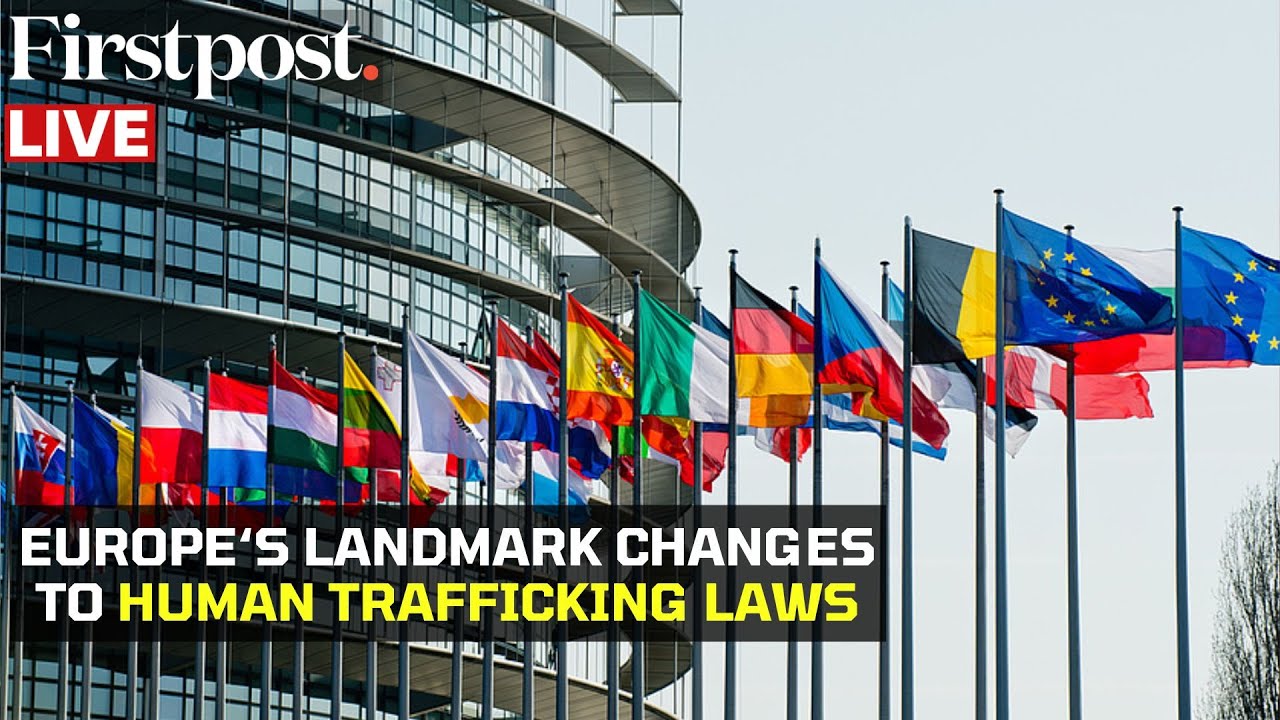
NGOCSTIP – EU Anti-Trafficking Hub Officially Launched on June 5, 2025, at a meeting of National Coordinators and Rapporteurs. The European Commission introduced this new initiative to strengthen the EU Strategy on Combating Trafficking in Human Beings (2021–2025). This platform aims to improve research, analysis, and policy development efforts. Collaboration among EU Member States, stakeholders, and experts will be significantly enhanced through this hub.
The EU Anti-Trafficking Hub supports the current EU Strategy by providing a centralized platform. This platform helps coordinate efforts and share information across the bloc. Member States will have improved access to research and data related to human trafficking. It will also foster communication between governments and civil society organizations. Experts will collaborate to develop better policies and strategies. The hub is expected to accelerate the identification of trafficking trends. Early detection will help authorities respond more effectively. Stakeholders will work together to share best practices and lessons learned.
“Read about: Human Trafficking Institute: Advancing Anti-Trafficking Skills”
One of the main goals of the EU Anti-Trafficking Hub is to improve research quality. First, accurate data plays a crucial role in understanding the scope of human trafficking. To achieve this, the hub will collect and analyze data from across Europe. Additionally, advanced tools and methodologies identify patterns and emerging threats effectively. Consequently, policymakers can make informed decisions based on solid evidence. Moreover, targeted interventions will protect victims more efficiently. The hub also promotes transparency and encourages open data sharing among partners. Finally, training sessions and workshops will build capacity in research techniques throughout the network.
The hub creates a space where governments, NGOs, and experts meet regularly. This collaboration strengthens the collective fight against human trafficking. Stakeholders can exchange ideas, coordinate operations, and avoid duplication of efforts. The platform encourages joint projects and innovative approaches. It also supports victim-centered approaches to ensure survivors receive adequate help. NGOs and frontline workers will be able to communicate challenges directly to policymakers. The hub will serve as a forum for dialogue on emerging issues. Cross-border cooperation will be improved through enhanced information exchange.
The EU Anti-Trafficking Hub will actively contribute to developing effective policies. First, research findings directly inform legislation and operational guidelines. Moreover, policymakers receive up-to-date evidence on trafficking dynamics to make informed decisions. Additionally, the hub monitors how EU anti-trafficking laws and strategies are implemented. This way, gaps and challenges in current policies can be identified and addressed promptly. Furthermore, Member States receive support to align their national laws with EU standards. As a result, this ensures consistency and improves enforcement across borders. Finally, the platform promotes international cooperation beyond the EU, strengthening global efforts against trafficking.
“Read more: Global Immunization Priorities: Protecting Health Worldwide”
EU Anti-Trafficking Hub Officially Launched will actively support awareness-raising efforts alongside research and policy work. The team will coordinate public campaigns and educational programs across the EU. They focus on raising awareness to prevent human trafficking effectively. The hub develops materials tailored for diverse audiences throughout member states. Survivors and affected communities will take part in advocacy initiatives. Stakeholders will engage in public dialogues to share insights and experiences. The platform works to increase understanding of trafficking’s social and economic impacts. All awareness activities rely on reliable data and expert input for accuracy.
The launch of the EU Anti-Trafficking Hub marks a major step forward. It will enable more effective, coordinated action against trafficking in human beings. However, challenges remain. The constantly evolving nature of trafficking requires flexible and adaptive responses. The hub must stay ahead of traffickers’ tactics and technologies. Sustained political and financial support will be necessary for long-term success. Continued engagement with civil society and international partners is essential. The EU Hub will play a crucial role in shaping the future of anti-trafficking efforts.